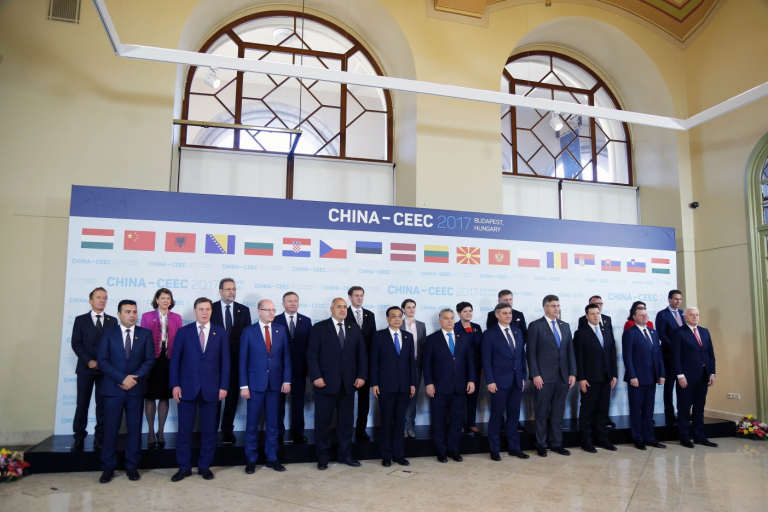
27.11.2017
Without having the characteristics of an international organization, the “16+1” forum sends strong signals for stability, good intentions, cooperation, and a quest for common approaches and solutions, pointed out Prime Minister Boyko Borissov. In his speech during the plenary session of the Meeting of the leaders from the countries of Central and Eastern Europe and China, he noted that the meetings held and documents adopted within the framework of the initiative are in accord with the ideas and principles of the EU in terms of openness, equal treatment of all, and joint benefits. According to him, the initiative is a contribution to the cooperation between Europe and China and between the EU and China – a direction in which Bulgaria will continue to work in the future, as well.
The Bulgarian Prime Minister pointed out that after the start of the mechanism for regular meetings of the leaders from China and the CEE countries in 2012, Chinese companies have increased their presence in the field of infrastructure in this region. “We rely on the Chinese government that the active cooperation and bilateral interests will find an expression in a pragmatic approach that will lead to the realization of concrete projects,” said Borissov, thereby emphasizing that for Bulgaria these are related to the construction of the highways “Hemus” and “Black Sea”, as well as the railway Ruse-Varna. The other opportunities for cooperation are in the fields of energy, agriculture, industrial zones, e-commerce, innovations, and medicine. According to him, the realization of projects in these fields will result in creating new jobs, increasing the living standards, and a new impetus for economic growth.
The Bulgarian government is ready for active cooperation with a clear and mutually beneficial conditions for both countries. It is necessary to go beyond the outdated mechanism for crediting with state guarantees by seeking new and flexible approaches, such as public-private partnerships, underlined Borissov.